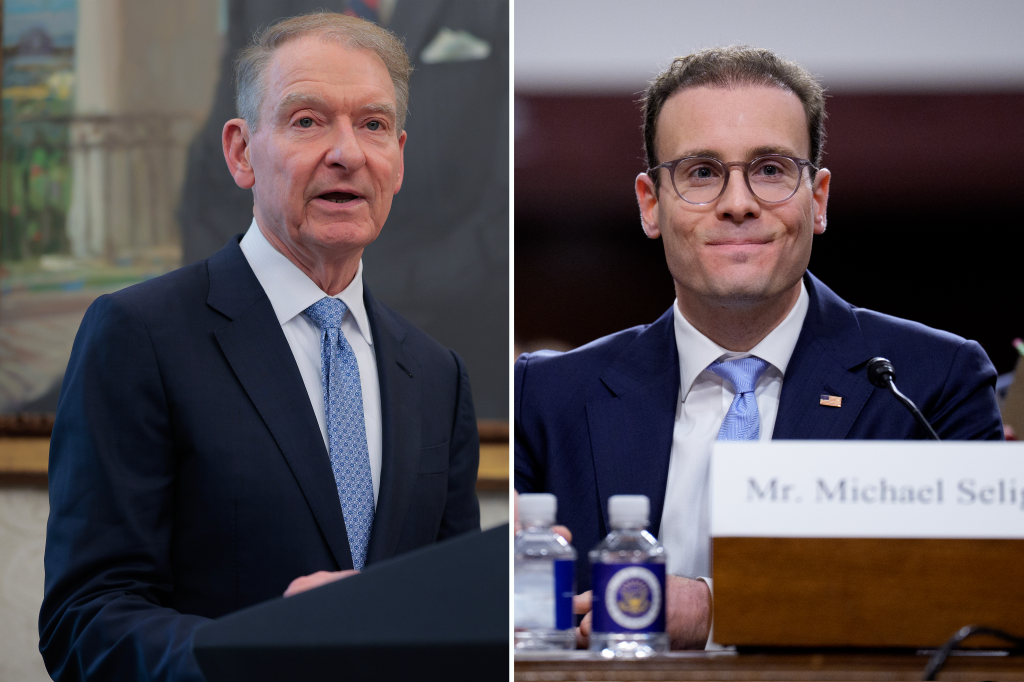United States
AI
Reddit has filed a lawsuit (subscription) against AI startup Anthropic for using its online discussion data without permission. Battle lines are increasingly being drawn between content owners and AI operators who use content to train their models.
Crypto
ETF issuers urged the SEC to return to “first-to-file”
Register for free to keep reading
To continue reading this article and unlock full access to GRIP, register now. You’ll enjoy free access to all content until our subscription service launches in early 2026.
- Unlimited access to industry insights
- Stay on top of key rules and regulatory changes with our Rules Navigator
- Ad-free experience with no distractions
- Regular podcasts from trusted external experts
- Fresh compliance and regulatory content every day













